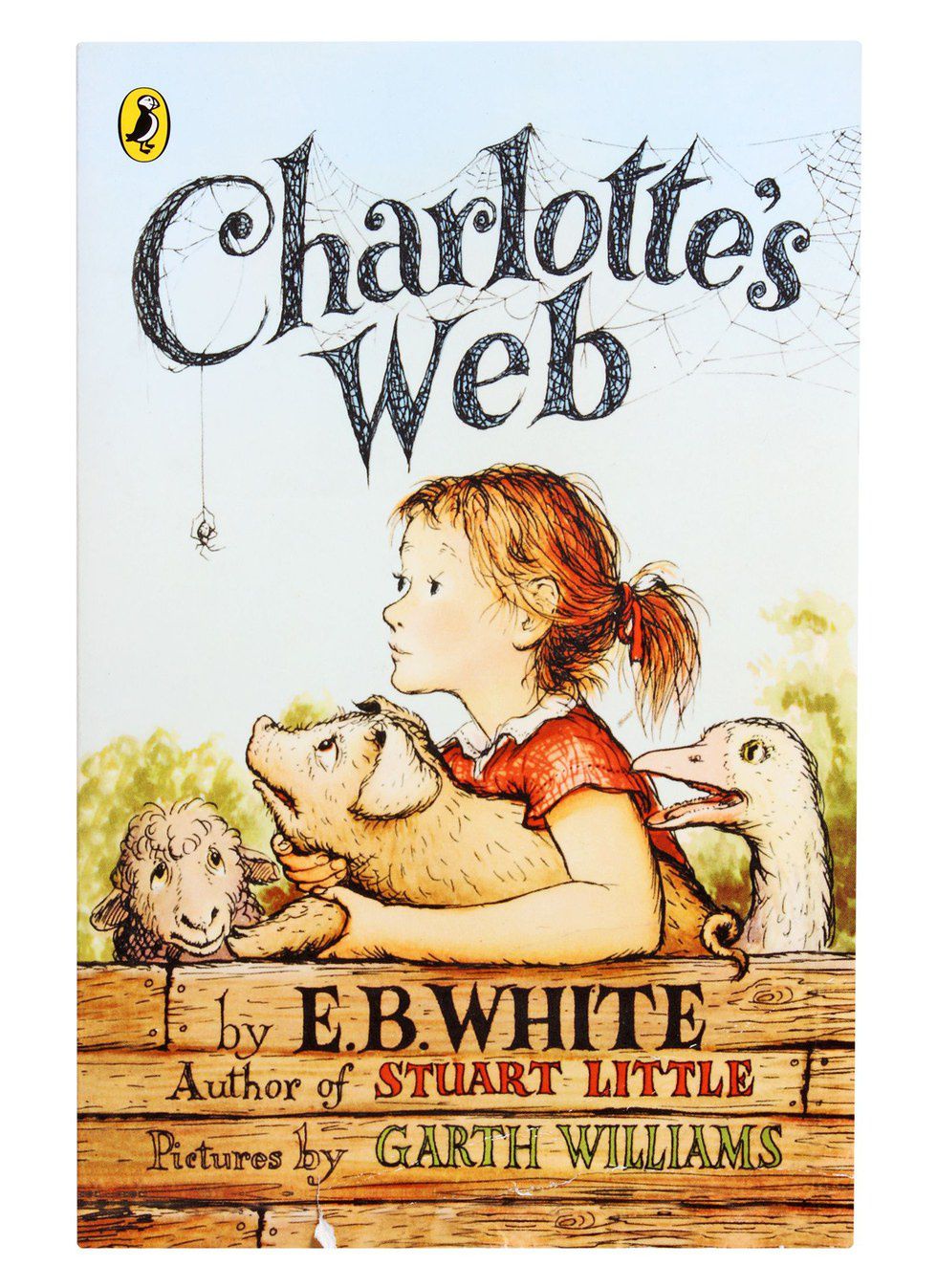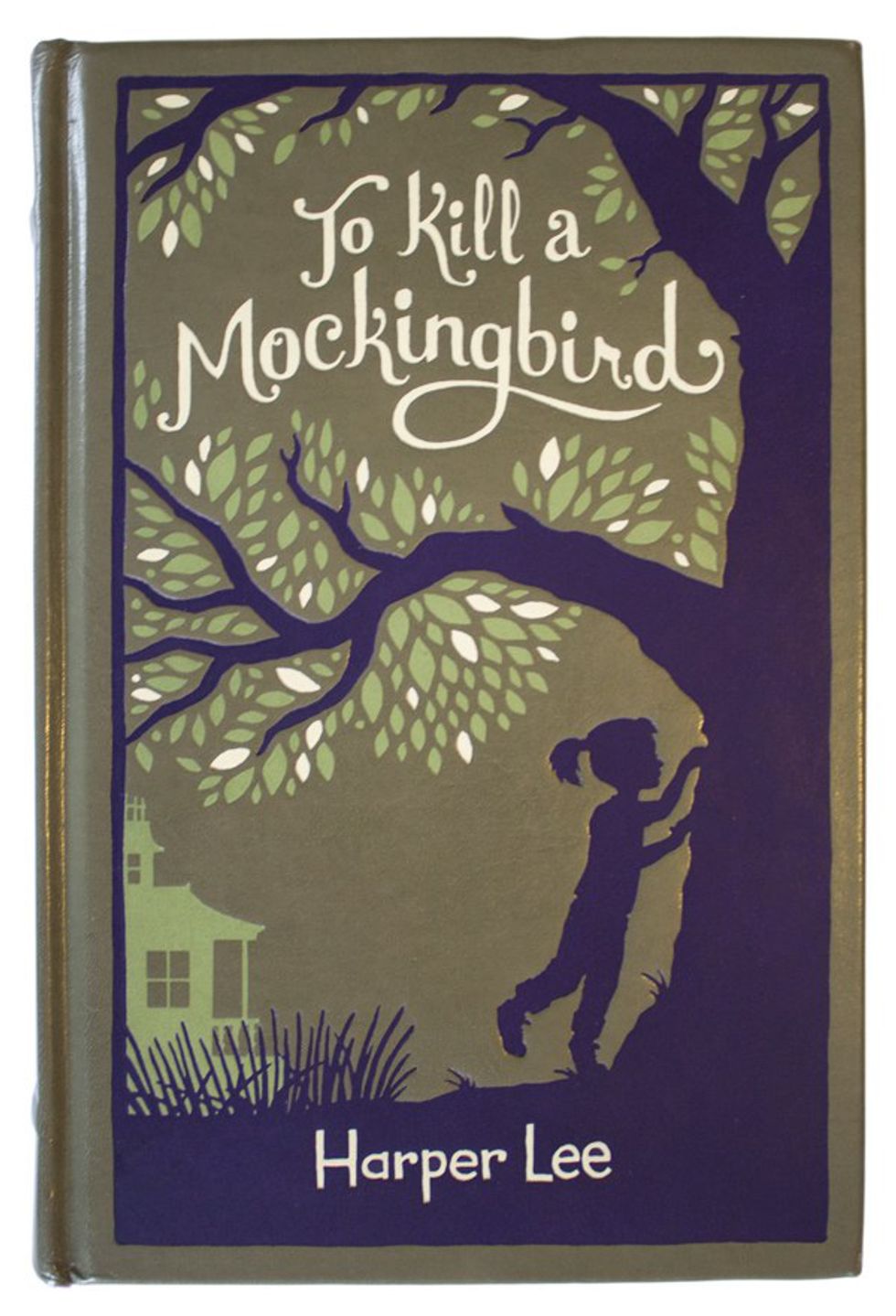The end of September is Banned Books Week, which features books that have been banned or challenged for whatever reason: offensive language, sexual explicitness, racism, alcohol use, etc. We all know Gone with the Wind was banned for offensive slurs and themes, and Harry Pottercame under fire for featuring witches and wizards, but the following books were banned or challenged for even more ludicrous reasons.
1. Charlotte's Web
The sweet, innocent children's book was apparently banned because talking animals are "blasphemous" and Charlotte's death is too gruesome for children; however, I never heard of the multiple other children's books with talking animals being banned for that specific reason.
2. Little Red Riding Hood
Another seemingly benign children's story was banned for an illustrated wine bottle. Seems like a minute detail to get mad about, but the anti-fun book banners tend to blow the small stuff way out of proportion.
3. To Kill a Mockingbird
The beloved story, which was written to teach a lesson about justice and equality, was apparently challenged for racist language by people who completely missed the book's point.
4. Fahrenheit 451
Fahrenheit 451 is my favorite addition to this list because the book is literally about censorship and how it harms society. The irony was totally lost on parents who insisted the book used inappropriate language and "violated their religious beliefs"
5. The Adventures of Huckleberry Finn
If Huck Finn is to be banned, it should be because of its mediocre writing and utter lack of entertainment value; however, it actually came under fire for racist language. The reasoning may not seem so ludicrous until you consider that, much like To Kill a Mockingbird, Huckleberry Finn was written as a criticism of systemic racism.
The books mentioned above should demonstrate that, no matter how innocent a piece of art is, someone will always, always be offended by it. But most banned and challenged books have some sort of social or literary value, and even if something in them offends you, so what? Who are you to decide what other people get to read? Books are supposed to entertain you and/or make you think, but how can people learn to think for themselves as long as censorship exists?
Banning and challenging books isn't a dated concept either-- even books as recent as 2015 have come under fire. But I'd like to think that, as Americans, we could stop trying to censor each other and allow true liberty in the realm of literature.






















